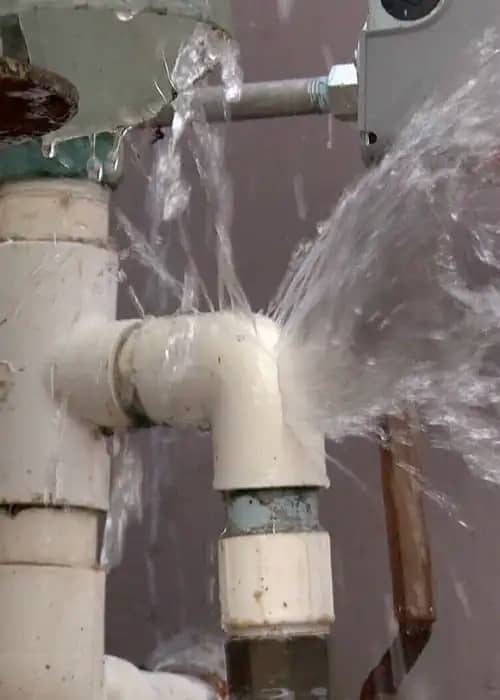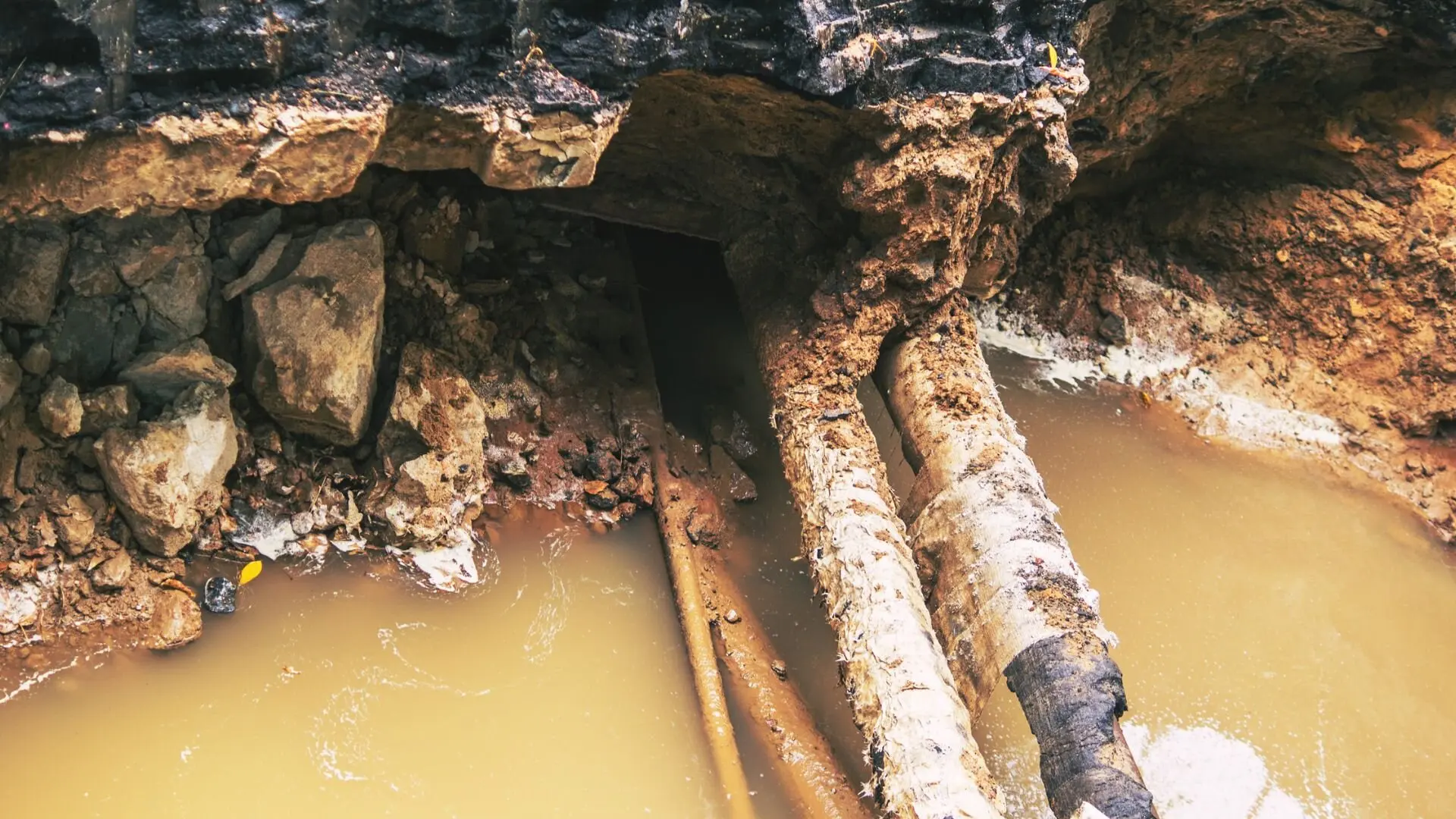Preventing a Burst Pipe: Tips for Protecting Your Plumbing During Winter
Preventing a Burst Pipe: Tips for Protecting Your Plumbing During Winter
Blog Article
Protecting Against Ruptured Piping: Essential Tips to Protect Your Plumbing
Stopping burst pipes is an essential worry for property owners, especially during colder months when the risk of cold is increased. Applying calculated steps such as correct insulation, routine evaluations, and maintaining consistent indoor temperature levels can considerably lower the possibility of pipe failure.
Understand Pipe Vulnerabilities
Recognizing pipe susceptabilities is important for effective pipes upkeep and protecting against costly damage. A number of elements add to the sensitivity of pipelines to ruptureds, including material composition, age, and environmental conditions. Older pipelines, especially those made from galvanized steel or polybutylene, frequently deteriorate with time, causing enhanced danger of leakages and ruptures.
Temperature variations can likewise considerably effect pipe stability. In cooler environments, water entraped in pipes can freeze, exerting and expanding stress on the pipe wall surfaces, which might inevitably result in a ruptured. High water pressure can strain pipelines, particularly at bends and joints, heightening the likelihood of failure.

Insulate Pipeline Effectively
Appropriate insulation of pipes is important for preventing cold and subsequent bursts during chilly weather (burst pipe). Protecting your pipes system properly safeguards versus temperature level goes down that can lead to costly damage. Begin by identifying susceptible areas where pipes are revealed to outdoor temperatures, such as basements, attic rooms, and outside walls
Use foam pipe insulation sleeves or cover insulation tape around these areas to supply a safety barrier. Guarantee that all areas of the pipes, particularly those with restricted warm direct exposure, obtain adequate insulation. Pay unique attention to joints and installations, as these are much more susceptible to freezing.
When protecting, it's necessary to choose products that fulfill local building ordinance and are proper for the specific environment. For circumstances, fiberglass insulation is typically recommended for its thermal resistance residential properties - burst pipe. Additionally, consider making use of warm cables or tape in severe conditions, which can be plugged in to supply supplementary heat
Frequently check shielded pipelines for any type of indicators of wear or damages, as compromised insulation can reduce its effectiveness. By taking these proactive procedures, you considerably decrease the danger of pipe bursts, ensuring a trustworthy pipes system throughout the cold weather.
Maintain Constant Temperature
A secure interior temperature is essential for protecting against burst pipes throughout the cold months. When temperatures drop, water within pipelines can freeze, producing and expanding stress that might eventually cause the pipelines to burst.Utilizing a programmable thermostat can aid manage interior temperatures effectively, ensuring that rooms with plumbing remain cozy also when the residence is unoccupied.
Additionally, it is prudent to allow taps to leak a little throughout severe cold snaps. This small circulation of water can protect against freezing by alleviating pressure within the pipelines. In addition, during especially extreme weather condition events, consider momentarily putting on hold any kind of nighttime setbacks on your thermostat to preserve a steady warm environment. By executing these techniques, house owners can significantly lower the danger of pipeline ruptureds and guard their plumbing systems versus the rough wintertime elements.
Regularly Inspect Plumbing
Normal evaluations of pipes systems are vital for protecting against burst pipes and maintaining overall home integrity. Regular checks permit home owners to recognize potential problems before they escalate into costly fixings or significant water damage. Throughout these inspections, it is necessary to check out visible pipelines for signs of deterioration, leaks, or put on. Pay special attention to locations prone to cold, such as basements, attics, and exterior wall surfaces.
Additionally, examining joints and connections is crucial, as these points are frequently at risk to leakages. Home owners ought to likewise assess water stress degrees, as too much stress can strain the pipes system and enhance the risk of pipe bursts.
Take into consideration scheduling expert plumbing inspections at the very least annually, especially before wintertime, to ensure your system is planned for colder temperature levels. Normal evaluations not only help in determining instant concerns yet also foster lasting upkeep techniques that can enhance the life-span of your plumbing system. By being proactive in your strategy, you can safeguard your home against the turbulent and expensive effects of ruptured pipes. Prioritizing plumbing evaluations is an investment in your home's health and wellness and safety.
Know Emergency Situation Treatments
Understanding emergency procedures is essential for every property owner, particularly after conducting regular pipes assessments. Being prepared for a plumbing emergency can browse around this site substantially mitigate damages and conserve prices.
Following, keep vital tools convenient. A pipes emergency situation set ought to consist of a wrench, bettor, and towels, along with a flashlight and a container for little leaks. In addition, take into consideration having the contact info for a relied on plumbing conveniently available, should the circumstance intensify past your control.
If you spot a leakage or ruptured pipe, promptly switch off the water system and inform your plumbing technician. Moreover, record the damage with photographs for insurance policy functions. burst pipe. Recognize the indications of potential pipes issues, such as uncommon water stress changes or damp places on walls
Ultimately, aggressive knowledge and quick action are vital in handling pipes emergencies, guaranteeing your home stays protected and reducing possible damage.

Conclusion
Finally, stopping burst pipes necessitates a diverse approach that consists of understanding pipe susceptabilities, proper insulation, keeping constant indoor temperature levels, routine inspections, and understanding of emergency situation treatments. By implementing these essential methods, the risk of pipes failures can be dramatically reduced, consequently guaranteeing the durability and efficiency of the pipes system. Proactive steps not click here now just protect versus possible damages but additionally add to general water preservation and the protection of residential property.
In chillier environments, water caught in pipes can ice up, increasing and applying pressure on the pipe wall surfaces, which might inevitably lead to a burst. When temperatures decline, water within pipelines can ice up, expanding and producing stress that might eventually trigger the pipes to burst. By applying these methods, house owners can significantly decrease the threat of pipeline ruptureds and safeguard their pipes systems versus the rough winter season elements.

Report this page